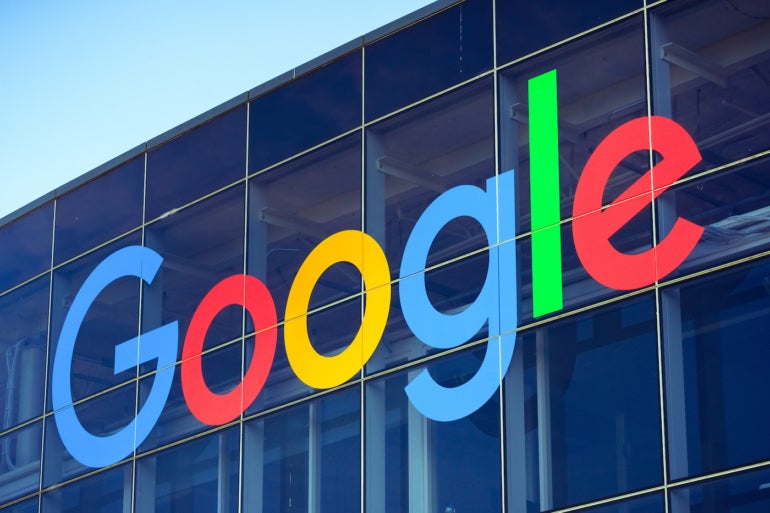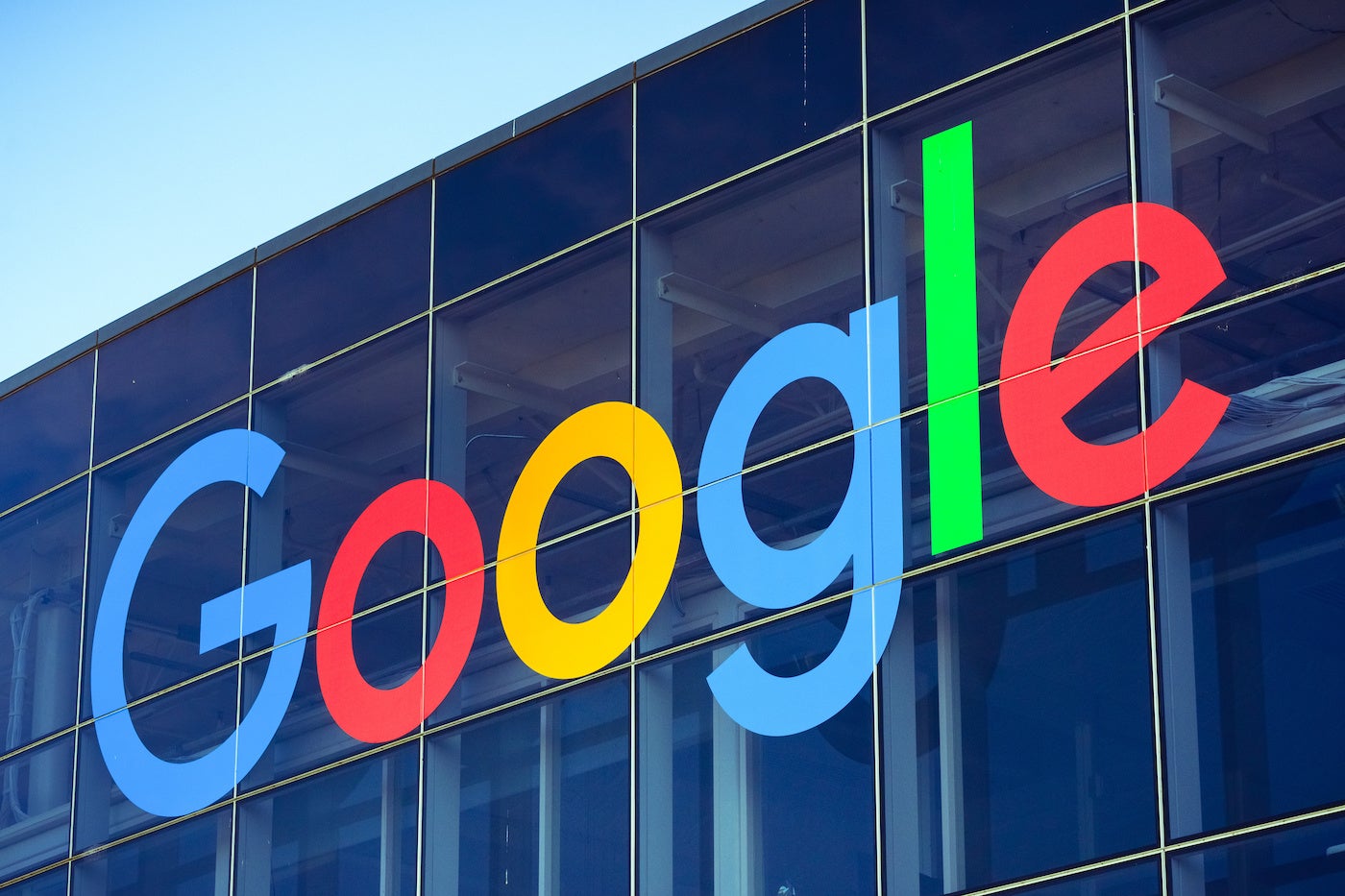
Microsoft’s Bing has long been a side note when it comes to search engines, languishing in relative obscurity, while Googling has been commonly used as a verb in casual conversation for decades. However, Microsoft partnering with OpenAI and pulling ahead in the generative AI race may make Bing more competitive, or at least make Google seriously consider its rival an innovator.
There has allegedly been some “panic” within Google around the subject of AI lately, according to documents reviewed by The New York Times. As a result, Google plans to integrate new AI features into search beginning next month for up to one million people in the U.S., the NYT article stated.
Jump to:
- Microsoft adding AI to Bing made waves
- How is Google responding to the Samsung/Bing news?
- What changes may be coming to Google search?
Microsoft adding AI to Bing made waves
The first sign that Microsoft’s plan to add AI to Bing would signal a shift in the growing search AI industry came from Samsung, noted the NYT. In March 2023, the electronics titan reported there had been internal discussion about making Bing the default search engine on Samsung devices, according to the NYT.
The NYT notes that no information has come to light proving that Samsung considered changing its default search engine because of Microsoft’s AI announcement, though this idea is the prevailing rumor causing a sense of urgency within Google.
Microsoft has partnered with OpenAI to add natural language response capabilities to the version of Bing currently available in preview on the Edge browser. Microsoft’s AI copilot, built on one of OpenAI’s large language models, can summarize information or answer open-ended questions.
How is Google responding to the Samsung/Bing news?
According to The New York Times, Google quickly spun up “Project Magi,” a project in which more than 160 employees work in “sprint rooms” to edit and test the proposed AI-powered changes.
Internal memos acquired by The New York Times said some Google employees believed $3 billion in annual revenue was at stake if Samsung switched to Microsoft and dropped the existing Google search contract. It’s reported that Google has a similar contract with Apple, though it’s allegedly worth $20 billion and up for renewal this year. Google’s search engine business was worth $162 billion total last year.
Google’s plan to stay competitive is twofold: add AI to its existing search engine and create an entirely new search product. Updates to the existing search engine are likely to be the first priority, according to the NYT.
What changes may be coming to Google search?
The big idea is that Google search would be more personalized once AI comes into play; it would also host the ads that make up the bulk of Google’s revenue. (Bard, Google’s entry into the generative AI field, does not integrate ads into its answers.) The proposed improvements to Google search would allow users to ask follow-up questions, refining or correcting their search as needed, while the AI keeps track of what was already said.
SEE: Take a look at our primer on OpenAI’s talkative ChatGPT.
Google wants its search engine to be able to interpret and write code. Other ideas discovered in documents accessed by The New York Times include Google letting users make AI-generated pictures in image search, providing language-learning lessons through an AI chatbot and answering questions at the same time as navigating Google Chrome. The search in the latter would take into account both the internet-wide search and the page the user is actively using.







